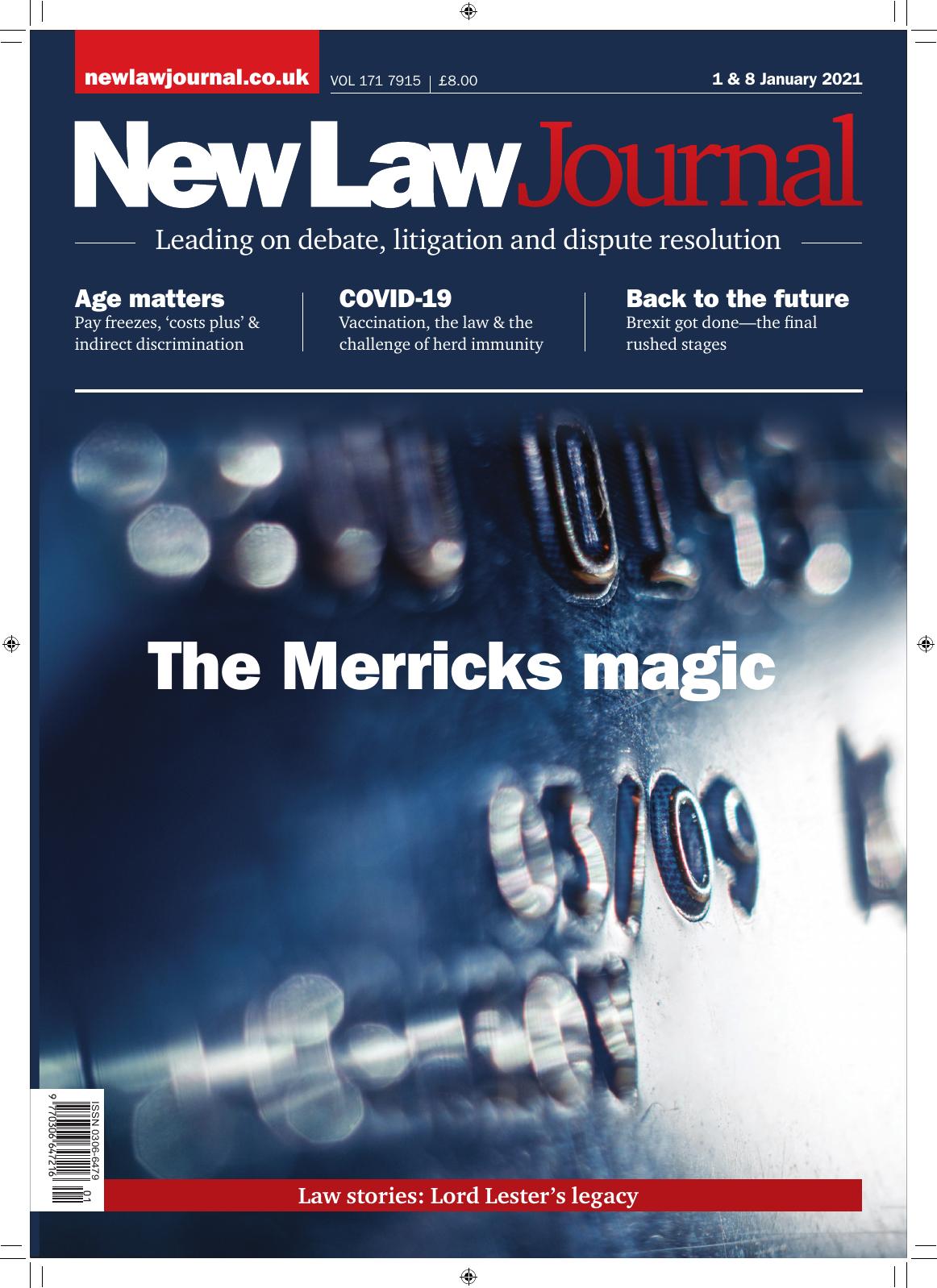
Greene, an experienced litigation lawyer, Law Society president & NLJ consultant editor, says the current process of opt out actions is limited to claims for breaches of competition law and ‘the time has come for widening the subject matter’.
He highlights that class action ‘now lies at the heart of a litigation revolution, buoyed by investors behind the litigation funding dynamic’. He identifies an underlying social policy shift following a series of institutional wrongdoings. He charts progress at home and abroad, and suggests a ‘wider collective process for redress’ be made available, including for product liability or financial services.






.tmb-mov69x69.jpg?sfvrsn=961ae4db_1)
95ca96e3d47f4eff8d147c4f0df17c77.tmb-mov69x69.png?sfvrsn=3db5d86b_1)

